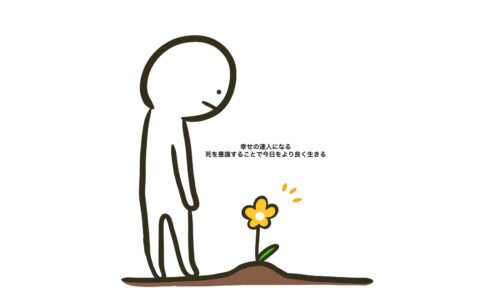今や、企業でマインドフルネスやウェルネスのセミナーの研修を取り入れることが一般的になってきていますが、マインドフルネスで教えられることは、禅の考え方が基本となっていることが多いと感じます。
禅がここまで受けいれられている理由の一つは、禅は、何かを信仰することが目的ではなく、むしろ、何かを手放すこと(letting go)、つまり、自己や、理屈や言葉を捨てて、極限まで心を軽くすることが、多忙な現在を生きる人たちにぴったりだからだと感じています。
例えば、禅の精神を表したとされる、日本庭園には、色々なものを引き算してできた美が感じられますし、古さや静けさ、枯れたものに趣きを感じる”侘び寂び”の考え方も、足りないことに注目するのではなくて、簡素で質素なことにこそ、美と心の充足があるとする生き方が、今この世界で必要となってきているのではないでしょうか。
私自身、幸せの達人を目指して修行をしている身でありますが、この禅が教えるシンプリシティーにこそ幸せの鍵があるのではないかと最近思っています。
(English)
It is now common for companies to incorporate training in mindfulness and wellness seminars, and I feel that much of what is taught in mindfulness is based on Zen concepts.
I feel that one of the reasons why Zen is so well accepted is that it is not about believing in something, but rather about letting go, that is, letting go of self, logic, and words, and lightening the mind to the extreme, which is perfect for people living in the busy world of today.
For example, in Japanese gardens, which are said to represent the spirit of Zen, we can feel the beauty created by subtracting various things, and the concept of wabi-sabi, which is the sense of beauty in oldness, tranquility, and withered things, is not focused on what is lacking, but on what is simple and frugal. Rather than focusing on what is lacking, I believe that the world needs a way of life where beauty and contentment can be found in simplicity and simplicity.
I myself am training to become a master of happiness, and I have recently come to believe that the key to happiness lies in the simplicity that Zen teaches.
















コメントを残す